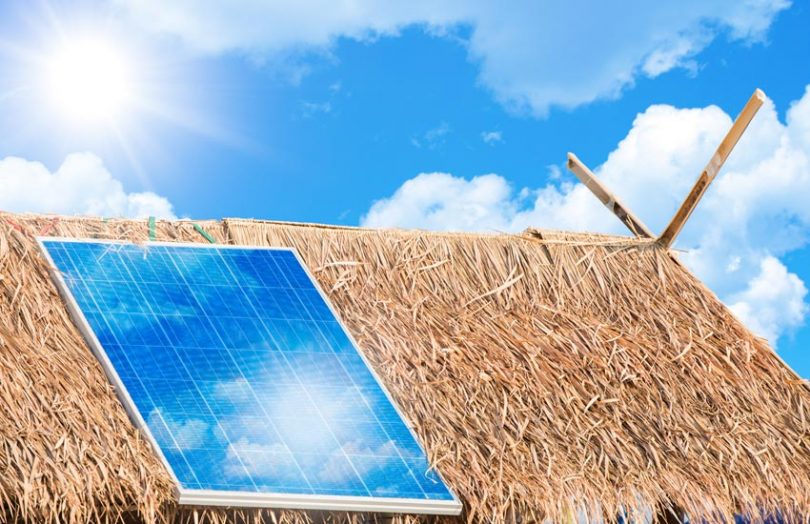Today Energy Web and ENGIE Energy Access announced a new program to use Decentralized Finance (DeFi) to help provide crowdfunded loans for solar installations in Africa.
French-owned ENGIE Energy Access is one of the largest Pay-As-You-Go (PAYG) solar and mini-grid solutions providers in Africa. Meanwhile, in 2019, sub-Saharan Africa accounted for 578 million people without access to electricity, which represents 75% of those lacking electricity around the globe.
Energy Web will develop a system enabling micro-investors to stake cryptocurrency – Energy Web Tokens – which fund the installations. These investors will earn a fixed percentage return on the money staked. Because it might initially be a bit risky, the Energy Web ‘Community Fund’ will back this first phase of the platform. We’ve inquired about any potential regulatory issues.
“The new DeFi platform in partnership with Energy Web will help ENGIE Energy Access deploy more solar faster, by directly tackling a key challenge: access to low-cost financing,” said Gillian-Alexandre Huart, CEO of ENGIE Energy Access.”
A second stage will attach a unique decentralized identifier (DID) to every appliance or solar panel. This can be used for buying credits or PAYG topup.
“Creating a positive impact in people’s lives is one of our core principles at Energy Web. But the global energy transition must also reach those who don’t yet have access to electricity,” said Energy Web’s Walter Kok.
Last week Austrian firms Wien Energi and RIDDLE&CODE Energy Solutions announced a solution to tokenize solar panel installations. This enables customers to buy shares in a solar plant, and in return, they earn tokens which can be redeemed to pay energy bills.
And South African-based blockchain firm Sun Exchange has been running a buy-to-lease solar solution for a couple of years. Another rural electrification concept is from Liquidstar. It uses a solar container unit for an entire village with the transactions logged using blockchain.






